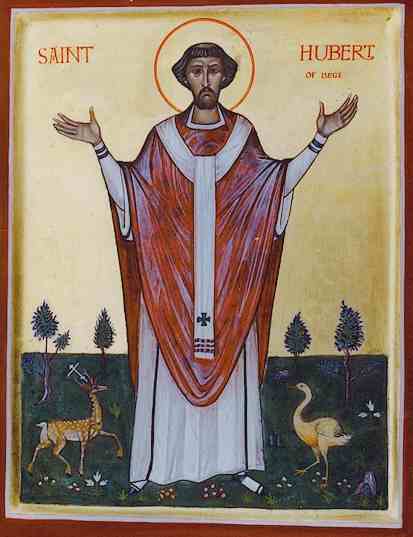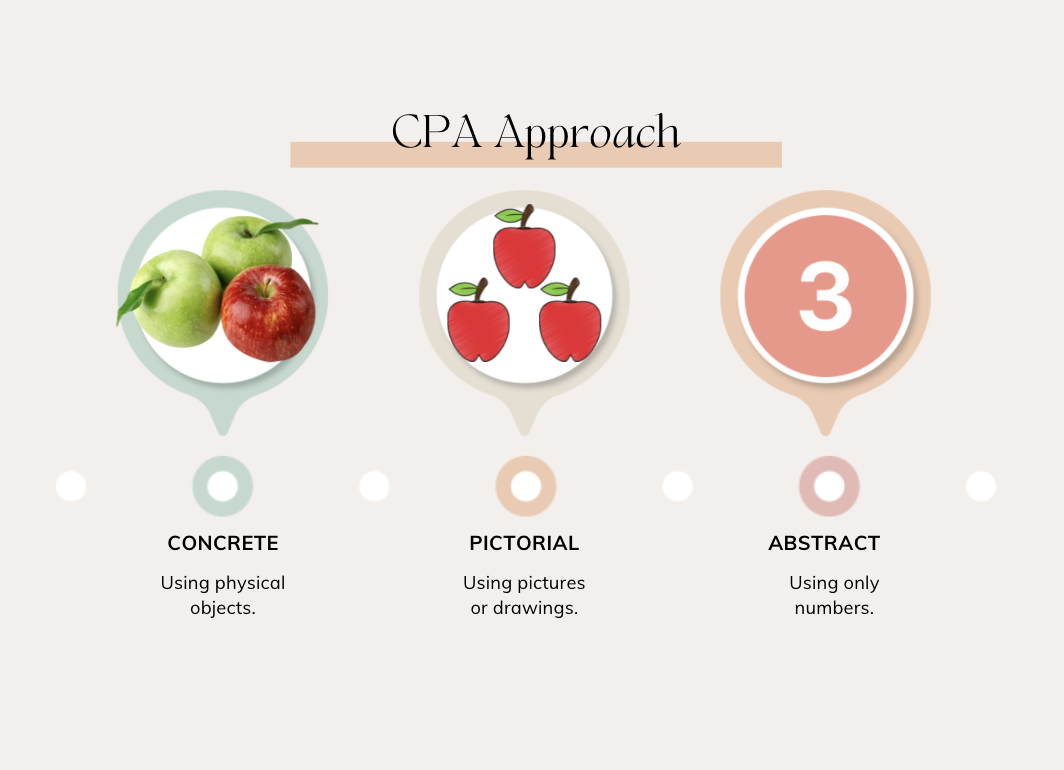MathematicsEvery culture has contributed to maths just as it has contributed to literature. It's a universal language; numbers belong to everyone. |
|
At St Anne’s, our intent for mathematics is to teach a rich, balanced, and progressive curriculum using maths to reason, problem solve and develop fluent conceptual understanding in each area. Our curriculum allows children to make sense of the world around them by making connections between mathematics and everyday life. We want our children to enjoy learning maths, which comes through a growing belief in their own ability to achieve successfully within the challenges they undertake. In maths, we believe this is achieved when children are confidently fluent in their understanding of number and in their calculation skills. With this confidence, they can apply what they know to reason and explain their thinking and to solve problems, developing mastery and accessing higher levels of understanding. Mathematics is essential to everyday life, critical to science, technology and engineering, and necessary for financial literacy and most forms of employment. A high-quality mathematics education therefore provides a foundation for understanding the world, the ability to reason mathematically, an appreciation of the beauty and power of mathematics, and a sense of enjoyment and curiosity about the subject. The national curriculum for mathematics aims to ensure that all pupils:
|
Pure Mathematics is, in its way,
the poetry of logical ideas.
(Albert Einstein)
|
We use the White Rose Maths Scheme which enables us to increase each child’s confidence in maths through a varied and integrated approach whilst ensuring the process is both enjoyable and purposeful. The structure of the mathematics curriculum across school shows clear progression in line with age related expectations. Teaching curriculum content in blocks allows children to explore skills and knowledge in depth and gain a secure understanding of subject matter. Key knowledge and skills are also revisited regularly allowing repetition to embed learning. A concrete, pictorial, abstract approach provides children with a clear structure in which they can develop their depth of understanding of mathematical concepts. We aim to ensure that mathematics is a high-profile subject which children view positively and with a ‘Can do’ attitude.
CPA Approach White Rose teaches children mathematical concepts through pictorial, practical and written methods in order to develop a deep understanding, confidence and competence in Maths and improve fluency. Fluency in Maths is about developing number sense and being able to choose and use the most appropriate method for the task at hand and be able to apply a skill to multiple contexts. It uses the CPA (Concrete, Pictorial, Abstract) approach, which is a highly effective approach to teaching that develops a deep and sustainable understanding of maths in pupils.
|
|
Fluency, Reasoning and Problem Solving Each lesson, children are exposed to reasoning and problem solving questions to embed their understanding of the skills gained within the lesson. They use their learning in real-life contexts to solve complex and abstract problems, considering skills gained in previous areas of learning. Fluency Pupils should be able to recall and apply mathematical knowledge both rapidly and accurately. However, it is important to stress that fluency often gets confused for just memorisation – it is far more than this. As well as fluency of facts and procedures, pupils should be able to move confidently between contexts and representations, recognise relationships and make connections in mathematics. This should help pupils develop a deep conceptual understanding of the subject. Frequent, carefully designed, intelligent practice will help them to achieve a high level of fluency.
Reasoning The way pupils speak and write about mathematics transforms their learning. Mastery approaches use a carefully sequenced, structured approach to introduce and reinforce mathematical vocabulary. Pupils explain the mathematics in full sentences. They should be able to say not just what the answer is, but how they know it’s right. This is key to building mathematical language and reasoning skills.
Problem solving Mathematical problem solving is at the heart of our approach. Pupils are encouraged to identify, understand and apply relevant mathematical principles and make connections between different ideas. This builds the skills needed to tackle new problems, rather than simply repeating routines without a secure understanding. Mathematical concepts are explored in a variety of representations and problem-solving contexts to give pupils a richer and deeper learning experience. Pupils combine different concepts to solve complex problems, and apply knowledge to real-life situations. |
And he is before all things, and in him all things hold together.
Colossians 1:17
Maths is also a reason to praise God for His faithfulness. The reason we can rely on maths is because our faithful, all-powerful God is consistently holding our universe together. He ensures that the principles of addition, subtraction, multiplication, and division will always result in clear answers. We know that since God is perfect and perfectly made all things, He always makes maths work perfectly.
|
Arithmetic Proficiency Arithmetic tests are completed at least once per week to provide children with the opportunity to develop their fluency. The test aims to develop their recall of important facts and concepts and practise their application of efficient strategies and methods.
Multiplication and Division The curriculum states that all children should be able to recall accurately their multiplication and division facts up to 12x12 by the end of year 4. Times table recall speed is fundamental to success in Mathematics therefore it is important that children are provided with regular opportunities to practise their recall of times table facts. A strong emphasis is also placed on teaching of times tables weekly. Times Tables are taught and practised using a variety of different strategies such as: Use of a counting stick, songs, games etc.
Saint Anne's Primary School subscribes to Times Table Rock Stars. This is a system that the children use to practise the instant recall of their multiplication and division facts. When it comes to times tables, speed AND accuracy are important – the more facts a child remembers, the easier it is for them to complete harder calculations. Times Table Rock Stars is a fun and challenging programme designed to help children master the times tables. Research shows that daily practice is the best strategy for children to learn these important facts. Short bursts of daily practice are much more effective than spending hours once a week.
Login here: https://play.ttrockstars.com/auth/school/student/6190 Don't forget... PRACTICE MAKES PERMANENT! |
Useful Links
WRM Workbooks - Free printable workbooks for each year and learning block.
WRM One Minute App - A 1-minute maths app that helps children build greater number confidence and fluency. It’s all about targeted practice in engaging, one-minute chunks!
Hit the Button - Hit the Button is an interactive maths game with quick fire questions on number bonds, times tables, doubling and halving, multiples, division facts and square numbers.
Virtual Manipulatives - Virtual Manipulatives are a great way to enhance at-home learning. Simply drag the manipulatives into position to see maths concepts come alive!
Numbots - NumBots focuses on understanding, recall and fluency in mental addition and subtraction.
My Mini Maths - Free mathematical resources.
My Maths - MyMaths is an interactive online teaching and homework subscription website for schools that builds pupil engagement and consolidates maths knowledge. Please speak to your child's class teacher about log ins.
 |
Dear God, |













